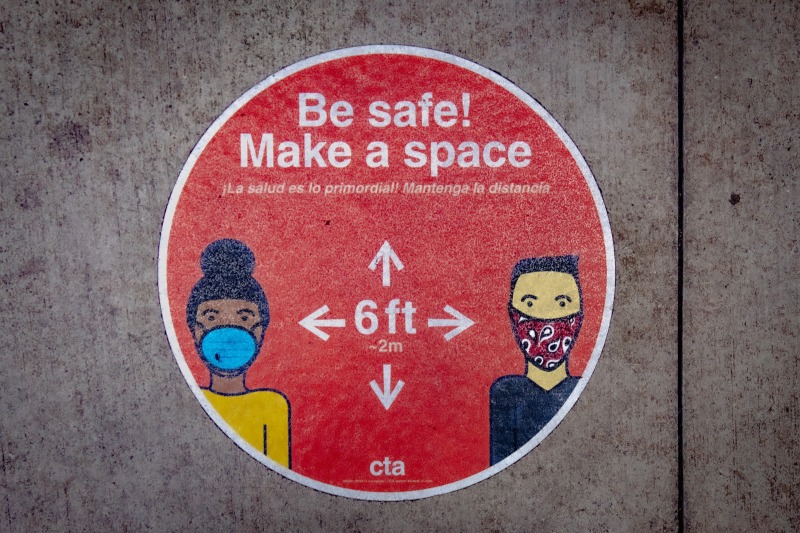
An MPH degree is a public health degree that prepares individuals to work with specific groups of people to improve their health through awareness, education, and research.
Also, they have an opportunity for advanced knowledge through specialization.
Students who take courses in public health may understand how to use their skills and knowledge of complex issues in various fields.
Careers in the field of healthcare are expected to grow in the next few years.
So, investing in this degree seems like a smart and profitable investment.
Due to the increased demand for public health professionals, many universities offer hybrid and online MPH programs.
Students have the opportunity to learn from home but still gain field experience through internships and other projects.
The Masters in Public Health curriculum will vary across schools, and the amount of time a student chooses to complete their degree.
The credits needed for an MPH degree range from 42-80 credits depending on the MPH program.
Table of Contents
Average Costs
The price of tuition varies depending on the type of school, and whether you are a resident or a non-resident.
Public health graduate programs are also offered at private universities, where the amount of tuition is the same for all students.
The master’s degree in public health averages $10,000 to $40,000 for residents and $20,000 to $60,000 for non-residents.
Public Health graduates earn around $90,000 per year in the USA.
The University of North Dakota offers a master’s degree in Public Health for 2021/22.
Tuition and fees for Nort Dakota residents are $915.08 per credit, $1,142.86 for Minnesota residents, and $1,336.90 for US non-residents and international students.
Tuition rates are based on 12 credits per semester for fall and spring.
Tuition rates for summer are based on 9 credits per semester.
The technology fee is $72.
The estimated room and meal plan is $9,922/year, and the estimated books and supplies are $800/year.
The Master in Public Health program at the University of California, Davis, has total tuition of $25,154.65 for California residents and $37,399.65 for non-residents.
Graduate students at Yale pay $47,840 each year for tuition and another $525 in fees.
Students will pay $1,185 for materials and copies.
The room and board are estimated at $16,245.
The University of Maryland at College Park offers a unique academic experience for students desiring to earn their MPH in the Northeast.
Each program has 45 credits.
In-state tuition is $12,294 and tuition for out-of-state students is $26,532.
Additional Costs
For housing and food, you can add an additional $10,000 to $20,000 per year.
Costs for books and supplies range between $500 and $3,000 in total.
Health insurance and other personal expenses can vary between $3,000 and $10,000 per year.
There are also transportation costs and they can range between $500 and $3,500.
For example, the University of California, Berkeley Campus, charges $17,430 for hostel and meals, $5,682 for insurance, $3,186 for transportation, $634 for books and supplies, and $2,744 for other personal expenses.
With other campus fees, the total fee amount is $32,812 for the first year.
Discounts
There are scholarships, grants, and loans that can help students to bring down their costs.
Many universities offer financial aids or assistantships for master’s programs.
For example, the University of North Dakota awards more than $108 million in financial aid every year to help students pay for college.
There are other scholarship programs available to undergraduate and graduate students.
For an instance, the Alaska Native Tribal Health Consortium Scholarship award ten $5,000 to permanent Alaska residents.









